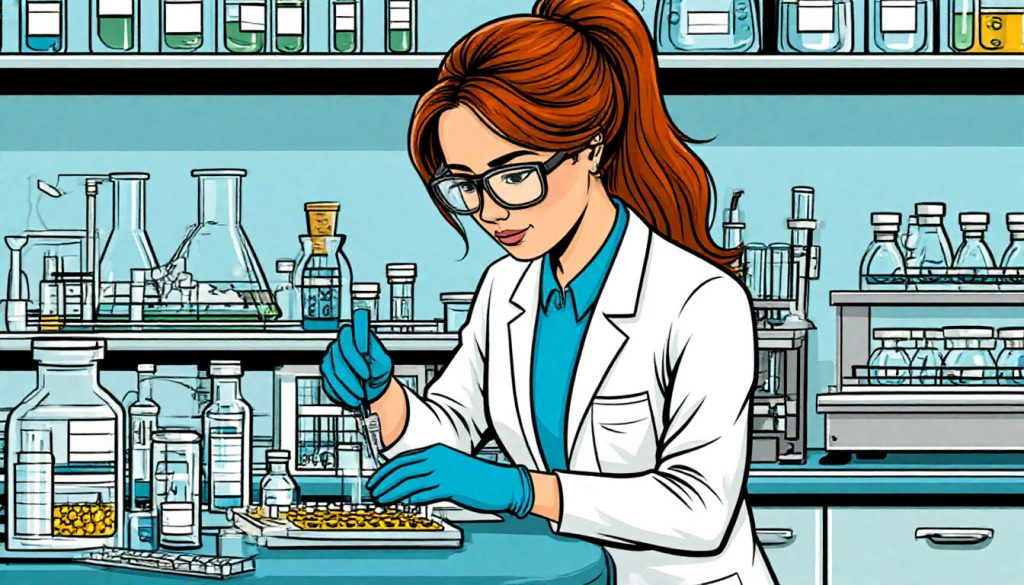Hormones are chemical messengers that regulate nearly every function in the human body. They are produced by glands of the endocrine system and travel through the bloodstream, delivering instructions to organs and tissues. Even tiny amounts of hormones can create powerful effects, influencing growth, emotions, metabolism, and reproduction.
What Are Hormones?
Hormones are molecules secreted by endocrine glands such as the pituitary, thyroid, adrenal glands, and pancreas. Once released, they bind to receptors on target cells, triggering specific biological responses. Without hormones, the body could not maintain balance or adapt to changes in the environment.
Main Types of Hormones and Their Roles
- Insulin – produced by the pancreas, it regulates blood sugar by helping cells absorb glucose.
- Adrenaline (epinephrine) – secreted by the adrenal glands, it prepares the body for “fight or flight” by increasing heart rate and energy supply.
- Thyroxine (thyroid hormone) – controls metabolism, body temperature, and energy production.
- Estrogen and Testosterone – sex hormones that regulate reproductive systems, bone density, and secondary sexual characteristics.
- Cortisol – the “stress hormone,” influencing metabolism, blood pressure, and immune response.
- Melatonin – regulates sleep cycles, produced by the pineal gland.
How Hormones Affect the Body
- Growth and development – hormones like growth hormone control height and bone development.
- Mood and emotions – serotonin, dopamine, and cortisol influence mental health.
- Energy balance – insulin and thyroid hormones regulate how the body uses nutrients.
- Reproduction – sex hormones control fertility, menstrual cycles, and sexual function.
- Adaptation to stress – adrenaline and cortisol help the body respond to threats.
Hormonal Imbalances
When hormone levels are too high or too low, health problems arise:
- Too much thyroxine may cause weight loss and anxiety, while too little causes fatigue.
- Excess cortisol may lead to high blood pressure, obesity, and weakened immunity.
- Low insulin results in diabetes.
- Imbalances in sex hormones can affect fertility, mood, and bone strength.
Conclusion
Hormones are the invisible regulators of the human body, coordinating everything from growth and mood to metabolism and reproduction. Maintaining hormonal balance through a healthy lifestyle, stress management, and regular checkups is vital for long-term health.
Glossary
- Endocrine system – the system of glands that produces hormones.
- Metabolism – chemical processes that provide energy and build body structures.
- Receptors – cell structures that bind hormones and trigger responses.
- Homeostasis – the body’s ability to maintain stable internal conditions.
- Hormonal imbalance – disruption of normal hormone levels, leading to health issues.


